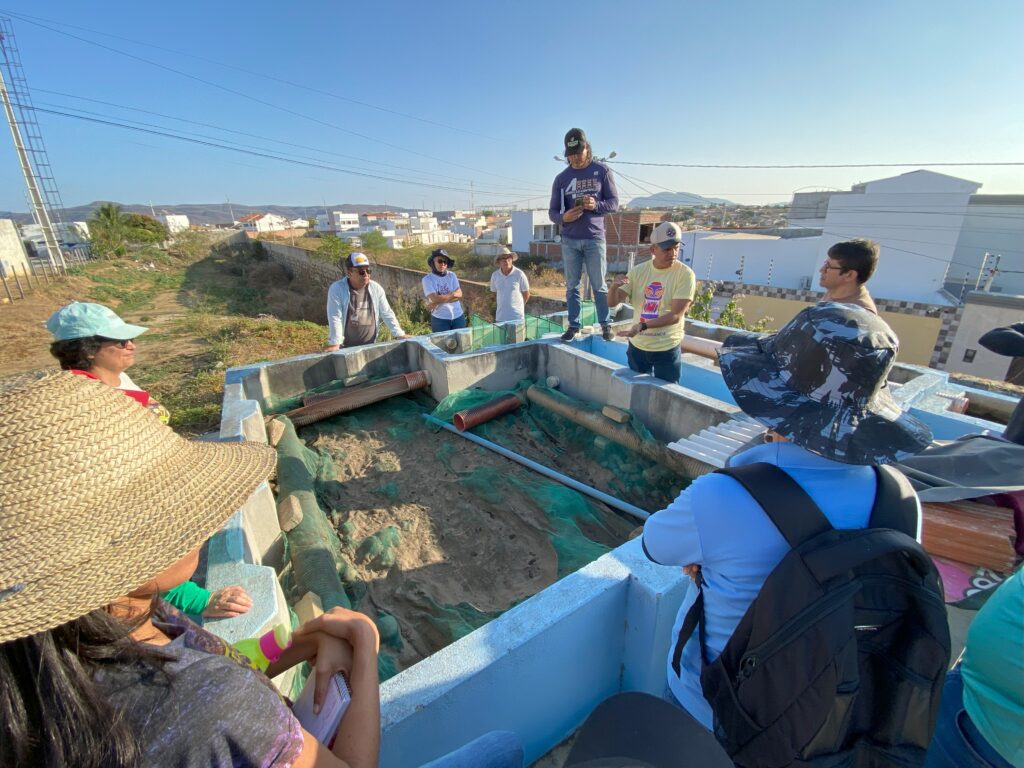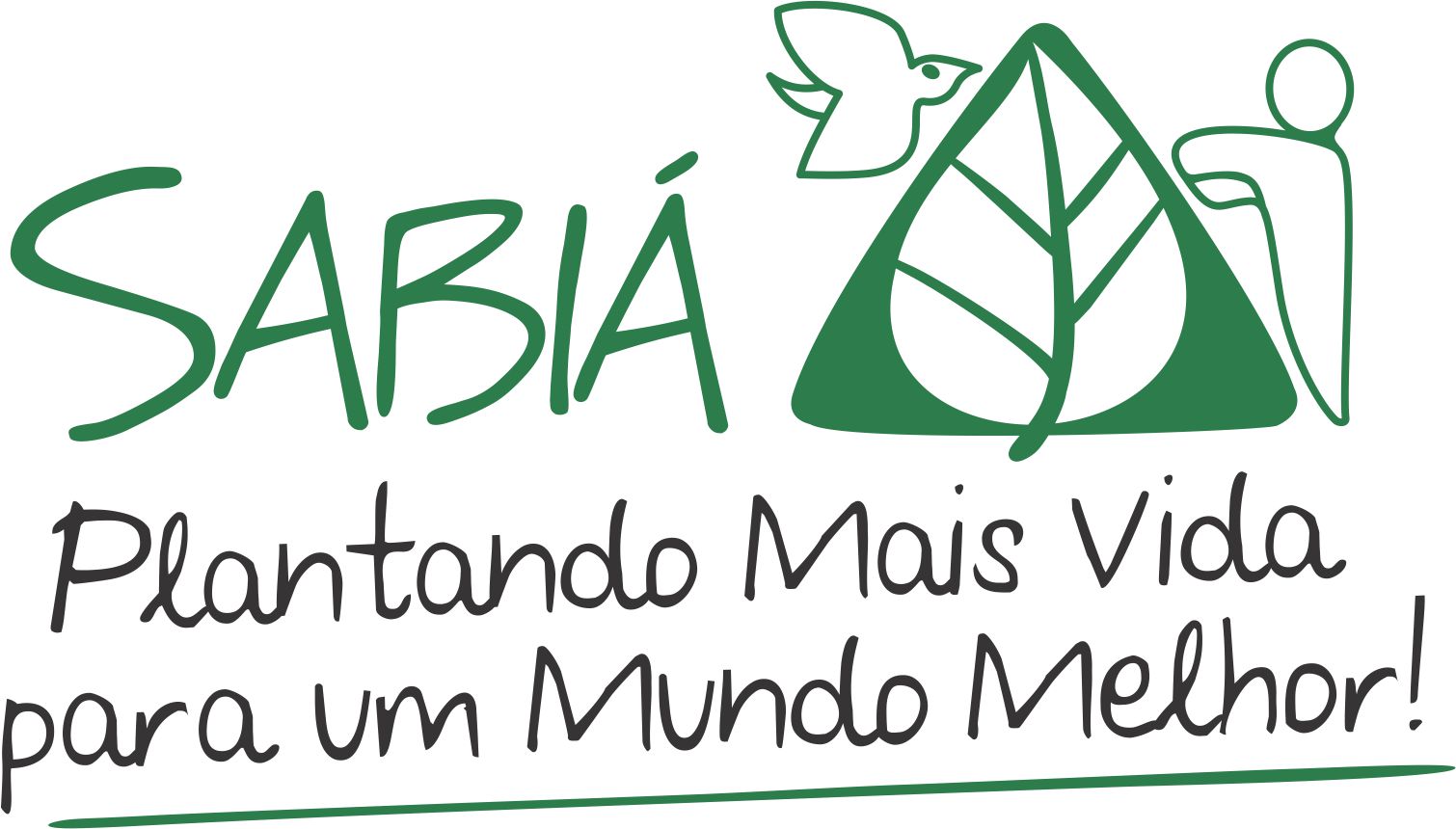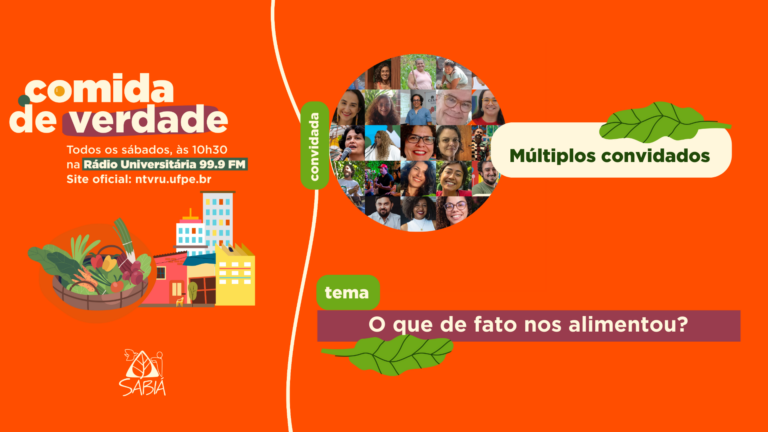From Sertão do São Francisco to Chapada Diamantina: ASA holds second Rural Sanitation Caravan
Technicians from the ten Semi-Arid states will travel 400 km inland in Bahia

Community water reuse experiences are on the route of the second Rural Sanitation Caravan organized by the Brazilian Semi-Arid Articulation (ASA). The 400-kilometer journey begins on Wednesday (23) from Juazeiro, in the hinterland of Bahia, to the northern region of the Chapada Diamantina, in the municipality of Jacobina.
With a variety of techniques and models, rural sanitation structures have the function of collecting so-called “gray water” from drains and sinks, as well as “fecal water” from cesspools, to be treated and used for irrigation.
Reuse systems favor the correct disposal of sewage, contributing to the preservation of the environment and promoting the health of farming families. In addition, purified water is an alternative for food production in a region where rainfall is irregular and investment has historically been insufficient.
The caravan, coordinated by the ASA Rural Sanitation Working Group (WG), will bring together technicians from the ten states of the semi-arid region to learn about some of these initiatives. The aim is to deepen studies on management models for rural sanitation services, especially on a community scale. With these exchanges, the organization hopes not only to demand, but to propose public policies for water reuse.
During their visit to Bahia, the participants will have the opportunity to evaluate the functionalities, efficiency and costs of some technological models. In each rural sanitation experience visited, the WG will discuss the advances and challenges in the management of the systems with regard to the families and their organizations, but also to the municipal and state public authorities.
Program
The Rural Sanitation Caravan begins on Wednesday morning (23) with a welcome for participants and general information about the event in Juazeiro.
In the afternoon, the group traveled 70 km to the community of Açude da Rancharia, in the region of Pinhões, in the rural area of the municipality, to learn about the rural sanitation system that includes the treatment of domestic sewage, selective waste collection and the reuse of water for the production of animal feed. The technologies were won by the community in 2022 and benefit 60 families.
On Thursday (24) and Friday (25), the group will visit other collective sewage and sanitation experiences run by the Central de Associações Comunitárias para Manutenção dos Sistemas de Saneamento. The caravan will pass through the community of Juacema, in Jaguarari (BA), the communities of Itapeipu and Jenipapao in Jacobina and Olhos D’Água do Goes, on the border with Miguel Calmon (BA).
The caravan also reached the Jaboticaba Family Agricultural School (EFA) in Quixabeira (BA). With its water reuse system, the school maintains an agroforestry adapted to the Caatinga (Agrocaatinga) and has increased its production of fruit trees.
The event will end on Friday afternoon with a debate on the systems visited, their potential and challenges.
The first caravan
The first Rural Sanitation Caravan took place from September 4 to 6 and covered 400 km. It left the Sertão do Pajeú, in Pernambuco, and went to the Chapada do Apodi, in Rio Grande do Norte.
The caravans are part of a series of events and exchanges of experiences that ASA has organized to build a proposal for rural sanitation in the Brazilian semi-arid region.
Service
2nd Rural Sanitation Caravan – Sertão do São Francisco to Chapada Diamantina – Bahia.
Period: October 23-25
Departure: Juazeiro (BA). Arrival: Jacobina (BA)
Nothing found.




